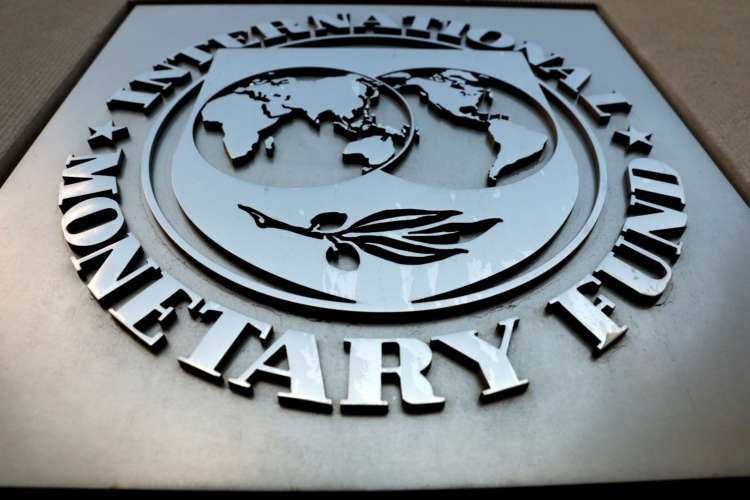Top Stories
IMF says more vaccine spending is fastest way to shore up public finances
Published by linker 5
Posted on April 7, 2021
1 min readLast updated: January 21, 2026

Published by linker 5
Posted on April 7, 2021
1 min readLast updated: January 21, 2026

Explore more articles in the Top Stories category











